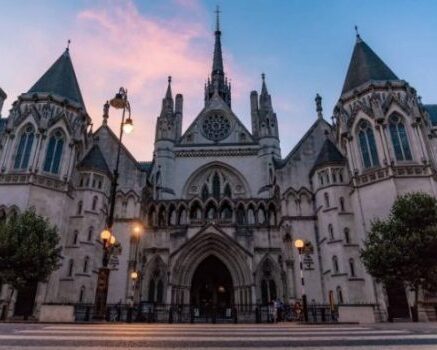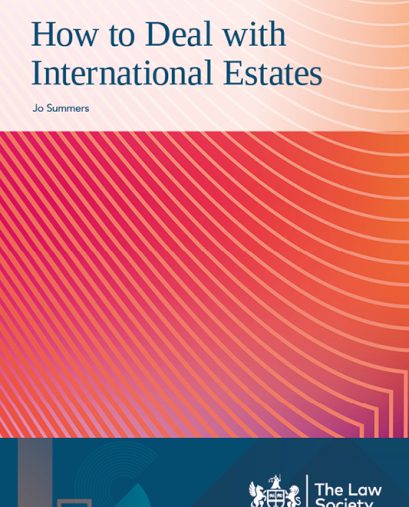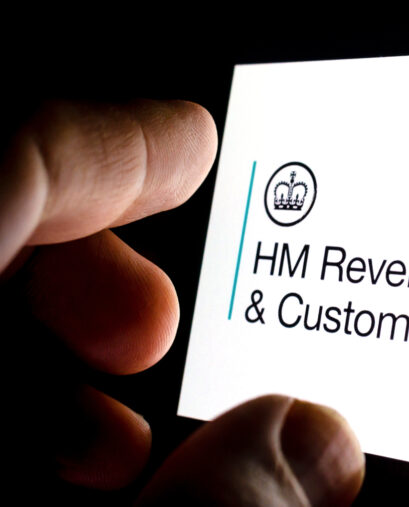The UK’s Financial Conduct Authority seeks much needed clarity in the Courts on Business Interruption Insurance cover for COVID- 19

by Simon Enoch, Consultant Solicitor
Further to my colleague Ben MacFarlane’s blog in April of this year.
Many businesses continue to suffer business interruption losses due to the pandemic and many of those, who have claimed, have had those claims rejected by their insurers.
Standard policy wording for business interruption insurance usually includes a ‘Material Damage Proviso’.
To successfully claim the insured needs to show there has been some physical damage to the insured premises, directly as a result of COVID- 19, which can be very difficult to prove.
If Policyholders can’t do this, which often is the case, they may be lucky if their brokers had negotiated a ‘Special Extension’ to the standard policy wording, to include losses caused by notifiable human diseases.
These are particularly relevant to policyholders in the hospitality and leisure sectors. Some of these extensions include losses as a consequence of any occurrence of a Notifiable Disease at the premises or within 25 miles of the premises, either as part of the Notifiable Disease extension or as part of a Loss of Attraction extension.
Insurers have argued that some of these extensions were only intended to cover losses due to closure of premises or restricted access due to a specific incident or occurrence happening within a specified radius of the insured premises and that this wording does not cover the COVID-19 pandemic.
In other cases, insurers are contesting claims and interpretation of the wording, saying that the wording of their policies does not include the Government’s responses to a global crisis.
The Financial Conduct Authority (‘FCA”) has approached 56 insurers and reviewed over 500 relevant policies from 40 insurers. It has identified a sample of 17 policy wordings that they say capture the majority of the key issues that could be in dispute.
The FCA intends to obtain court declarations as part of a test case, aimed at resolving this uncertainty. The current timetable is that the court case is will be heard in late July in a 5 to 10 day trial.
It is hoped that the judgement will be delivered relatively soon after the hearing.
The result of the test case will be legally binding on the insurers that are parties to it and it will give persuasive guidance for the interpretation of similar policy wordings and claims, that can be taken into account in other court cases
In light of this it may be sensible for policyholders to wait a relatively little while longer, before pursuing claims against their Insurers.
If the test case is determined in favour of policyholders, then it should lead to insurers swiftly adjusting their approach and paying related claim: hopefully without the need for policyholders to incur legal costs.
If the Court upholds the insurers’ interpretation of coverage, then at least disappointed policyholders will not have wasted time and money challenging their insurers.
Photo by Mahosadha Ong on Unsplash
If you need any assistance or further information, please get in touch with your usual Jurit contact or Ben Macfarlane.
Please note this paper is intended to provide general information and knowledge about legal developments and topics which may be of interest to readers. It is not a comprehensive analysis of law nor does it provide specific legal advice. Advice on the specific circumstances of a matter should be sought.









